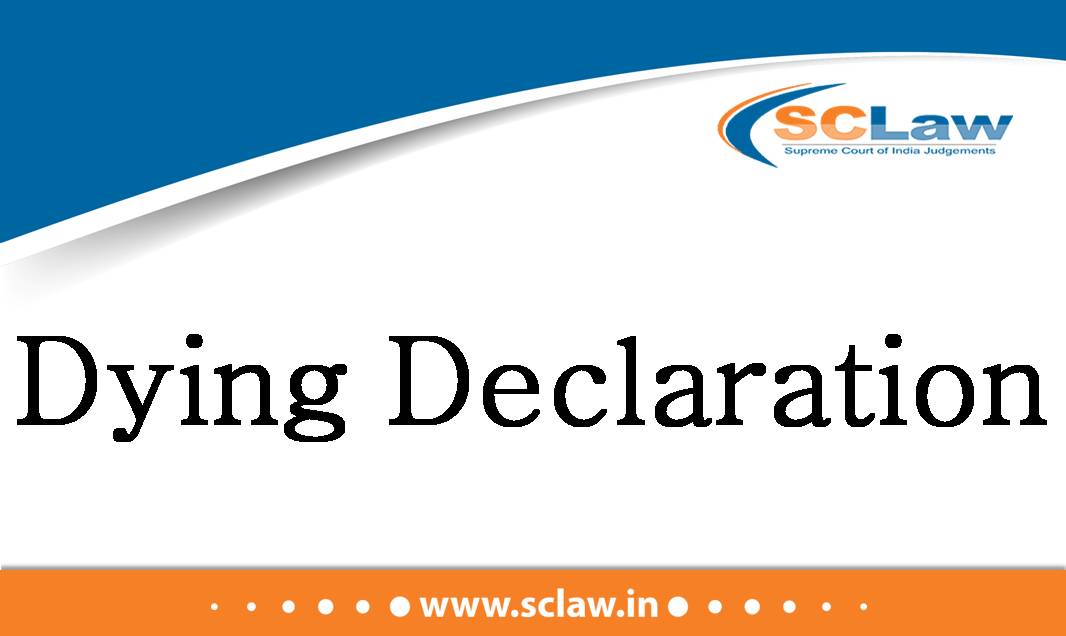Penal Code, 1860 (IPC) — Section 302 — Murder — Dying declaration — Admissibility and weight — A dying declaration can be the sole basis for conviction if it is voluntary, truthful, and reliable, even without corroboration. The court must scrutinize it carefully for tutoring or manipulation and consider the declarant’s opportunity to observe and identify the assailant and their fitness to make the statement.
2026 INSC 57 SUPREME COURT OF INDIA DIVISION BENCH STATE OF HIMACHAL PRADESH Vs. CHAMAN LAL ( Before : B.V. Nagarathna and R. Mahadevan, JJ. ) Criminal Appeal No. 430…


